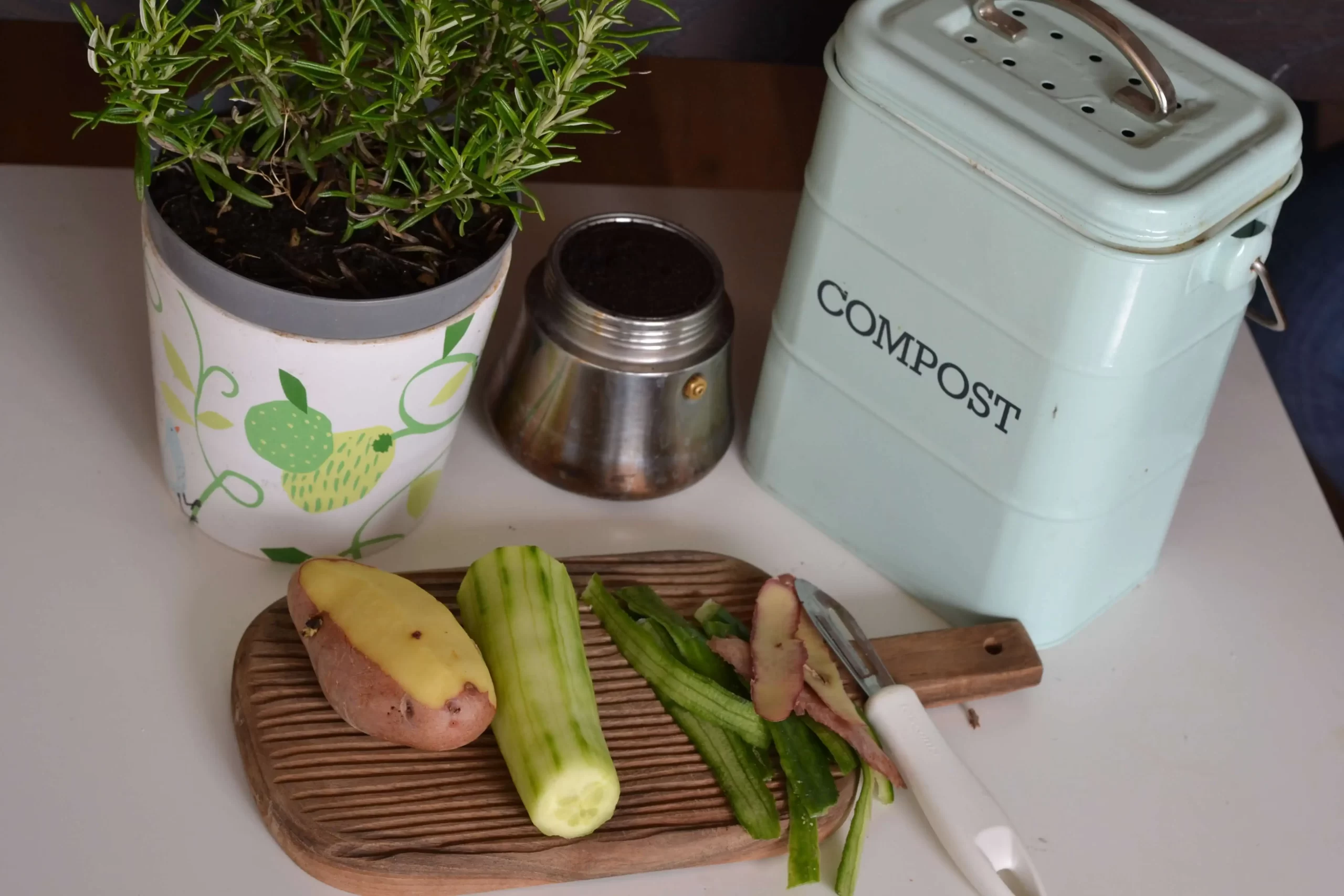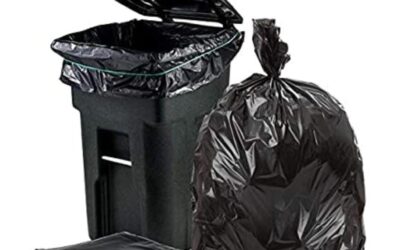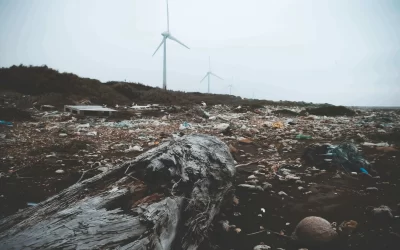In Kenya, organic waste management is a growing concern. With an estimated 50% of waste generated in urban areas being organic, proper disposal and management of this waste is vital to both the environment and public health. Composting, the process of turning organic waste into a nutrient-rich soil amendment, is a sustainable and cost-effective solution for managing organic waste in Kenya. In this article, we will explore the benefits of composting, the process of composting, and how composting is being implemented in Kenya.
Benefits of Composting
Composting has numerous benefits, including:
1. Reducing Waste in Landfills
By composting organic waste, less waste is sent to landfills, reducing the environmental impact of landfills and extending their lifespan.
2. Improving Soil Health
Compost is a nutrient-rich soil amendment that can improve soil health and increase crop yields. Composting can also help to prevent soil erosion and reduce the need for chemical fertilizers.
3. Reducing Greenhouse Gas Emissions
Organic waste in landfills produces methane, a potent greenhouse gas. Composting reduces methane emissions by diverting organic waste from landfills.
4. Saving Money
Composting is a cost-effective waste management solution. By reducing waste sent to landfills, municipalities can save money on landfill tipping fees.
The Composting Process
Composting is a natural process of decomposition that turns organic waste into compost. The composting process requires four main components:
1. Organic Waste
Organic waste can include food waste, yard waste, and agricultural waste. This waste is the raw material for composting.
2. Microorganisms
Microorganisms, such as bacteria and fungi, break down the organic waste into compost.
3. Oxygen
Composting requires oxygen for the microorganisms to do their job. Oxygen can be introduced into the composting process by turning or aerating the compost.
4. Water
Water is needed to keep the compost moist and to support the growth of microorganisms.
The composting process can take anywhere from a few weeks to several months, depending on the conditions and the type of organic waste being composted.
Composting in Kenya
Composting is being implemented in Kenya as a sustainable waste management solution. Here are a few examples of how composting is being used in Kenya:
1. Community Composting
Community composting involves the collection of organic waste from households and businesses in a community. The waste is then transported to a central composting facility, where it is composted and sold as a soil amendment.
2. Small-Scale Composting
Small-scale composting involves composting organic waste on a small scale, such as in a backyard or on a small farm. This method of composting can be used to produce compost for personal use or for sale.
3. Large-Scale Composting
Large-scale composting involves composting organic waste on a large scale, such as at a commercial composting facility. This method of composting is often used by municipalities to manage organic waste on a city-wide scale.
Conclusion
Composting is a sustainable and cost-effective solution for managing organic waste in Kenya. By reducing waste sent to landfills, improving soil health, reducing greenhouse gas emissions, and saving money, composting has numerous benefits for both the environment and public health. With community composting, small-scale composting, and large-scale composting being implemented in Kenya, composting is becoming an increasingly important waste management solution.
FAQs
1. What can be composted?
Food waste, yard waste, and agricultural waste can all be composted.
2. How long does the composting process take?
The composting process can take anywhere from a few weeks to several months, depending on the conditions and the type of organic waste being composted.
3. Can composting be done on a small scale?
Yes, composting can be done on a small scale, such as in a backyard or on a small farm. This method of composting can be used to produce compost for personal use or for sale.
4. Is composting cost-effective?
Yes, composting is a cost-effective waste management solution. By reducing waste sent to landfills, municipalities can save money on landfill tipping fees.
5. What are the benefits of compost for soil health?
Compost is a nutrient-rich soil amendment that can improve soil health and increase crop yields. Composting can also help to prevent soil erosion and reduce the need for chemical fertilizers.
Related Posts
Solid Waste Management in Kenya: Challenges and Solutions
The Importance of Proper Waste Segregation in Kenya
The Role of Landfills in Waste Management in Kenya
Industrial Waste Management Solutions for Businesses in Kenya
Commercial Waste Management: Best Practices for Kenyan Businesses
Medical Waste Management: Ensuring Safe Disposal in Kenya
Residential Waste Management Tips for Kenyan Homeowners





0 Comments